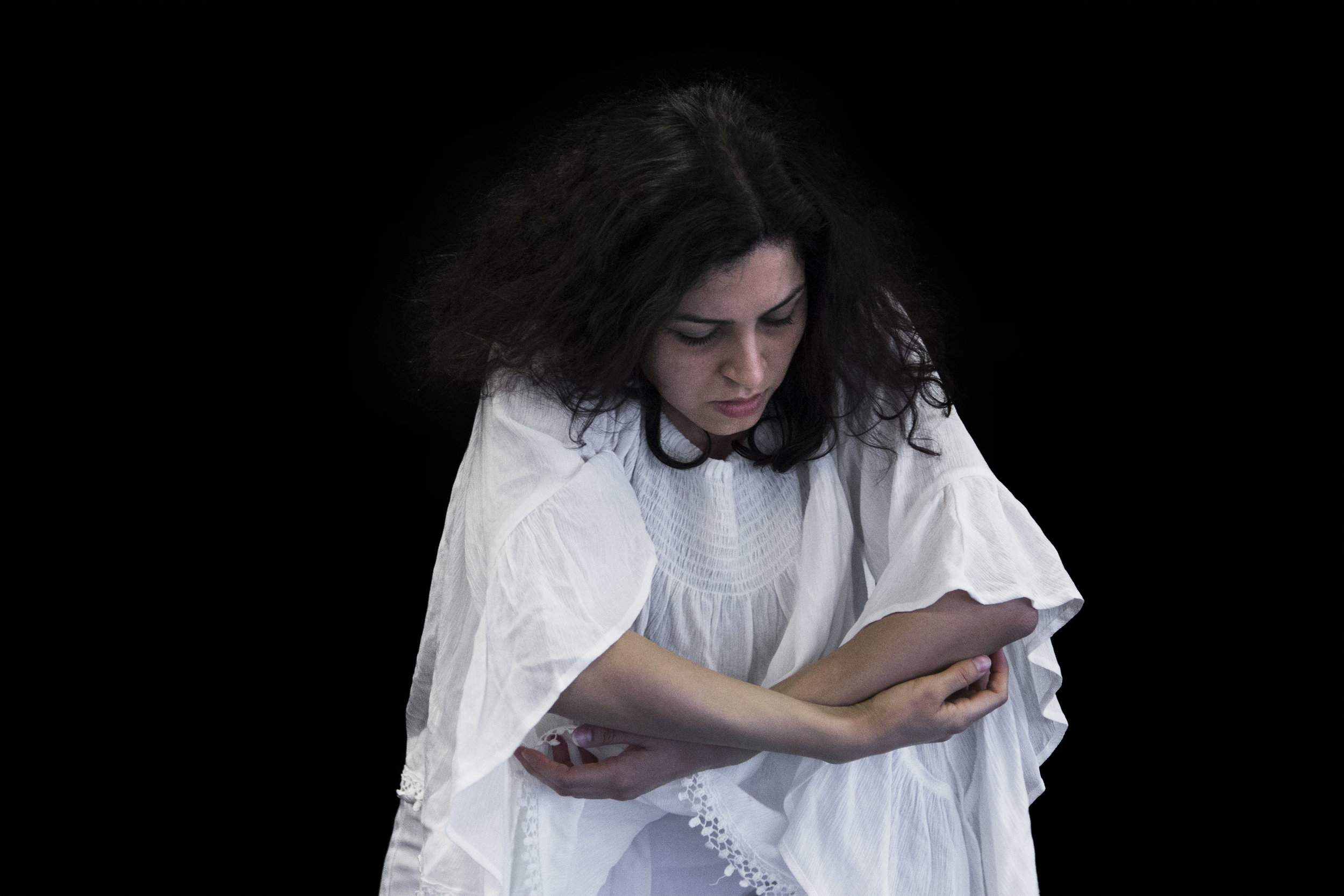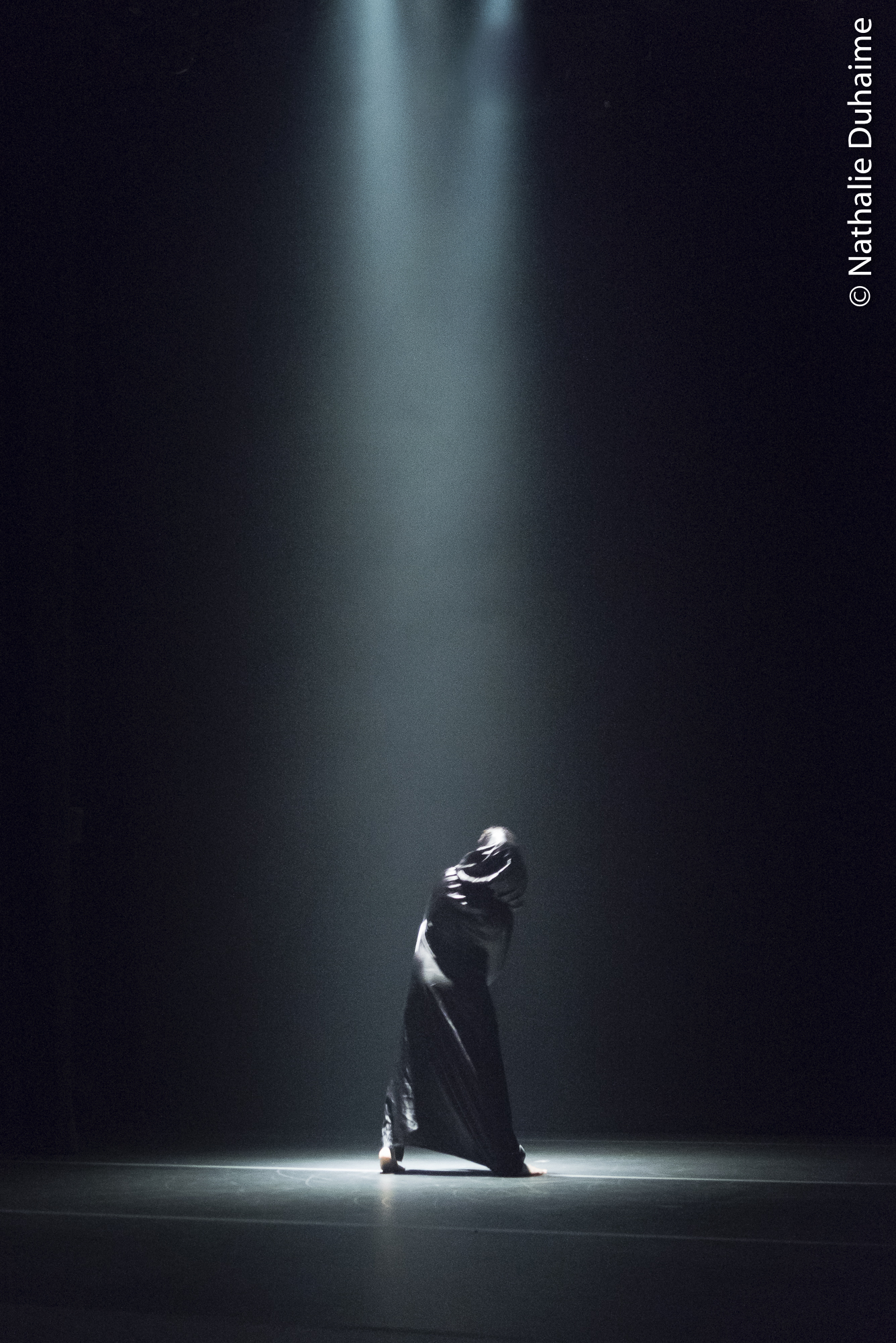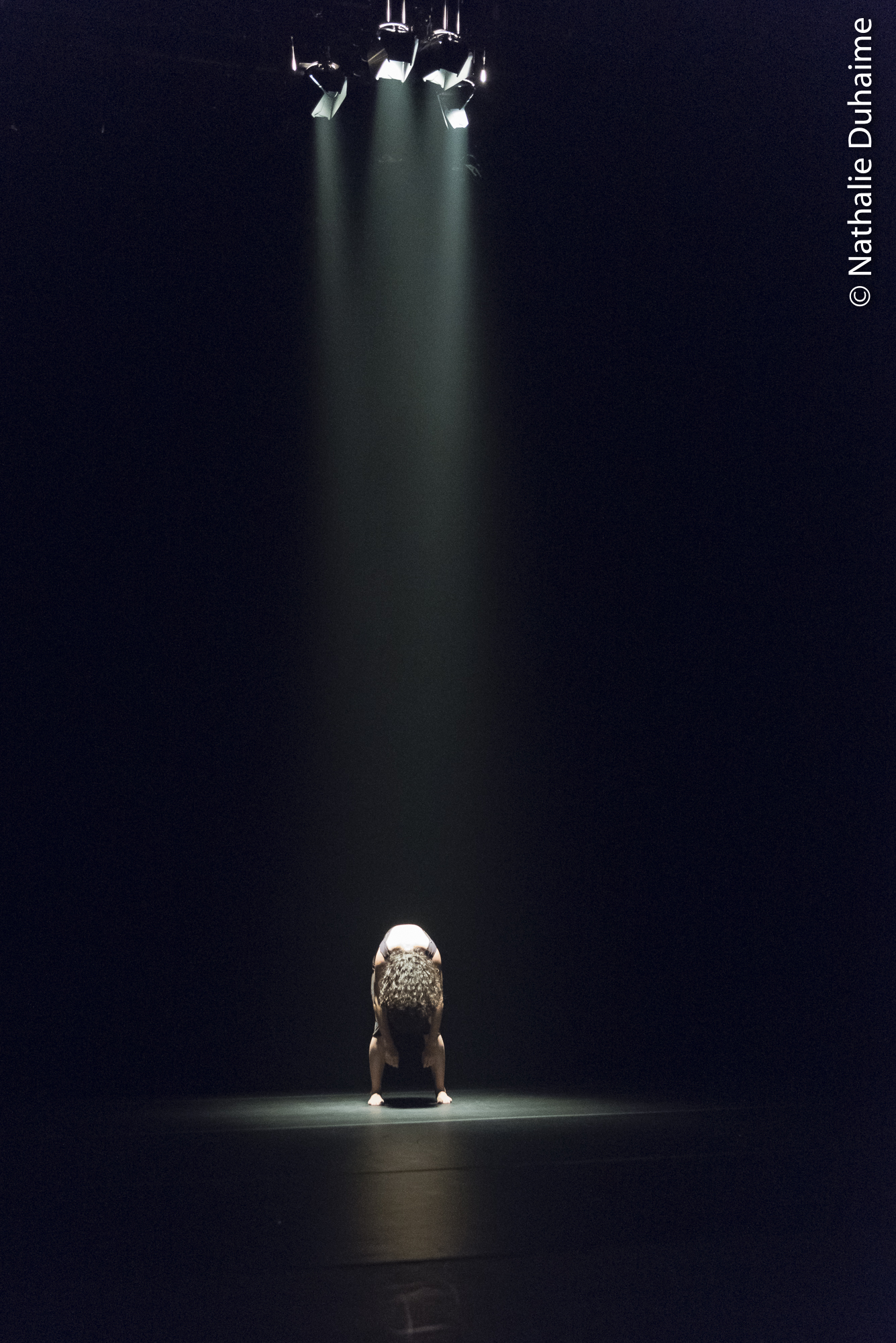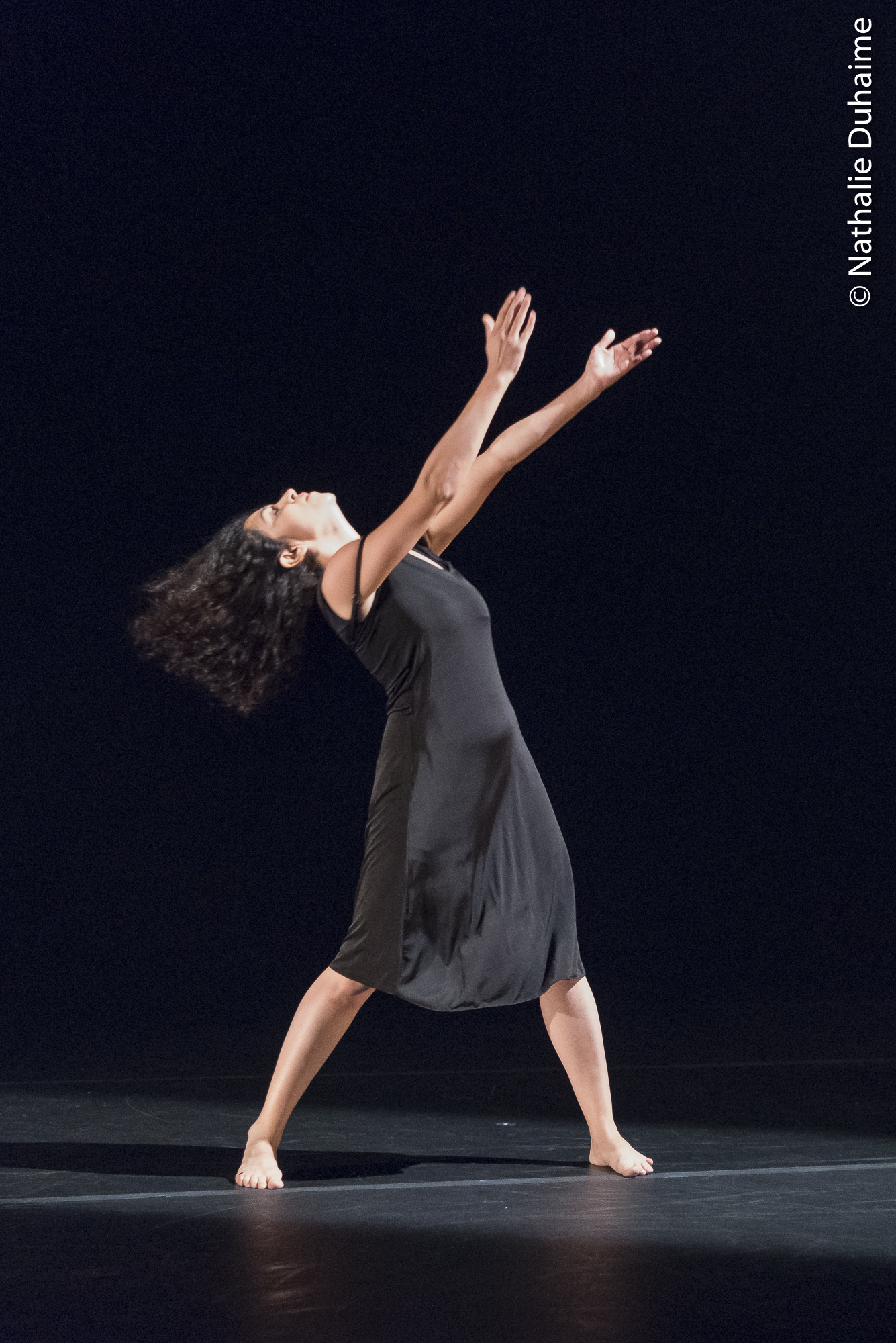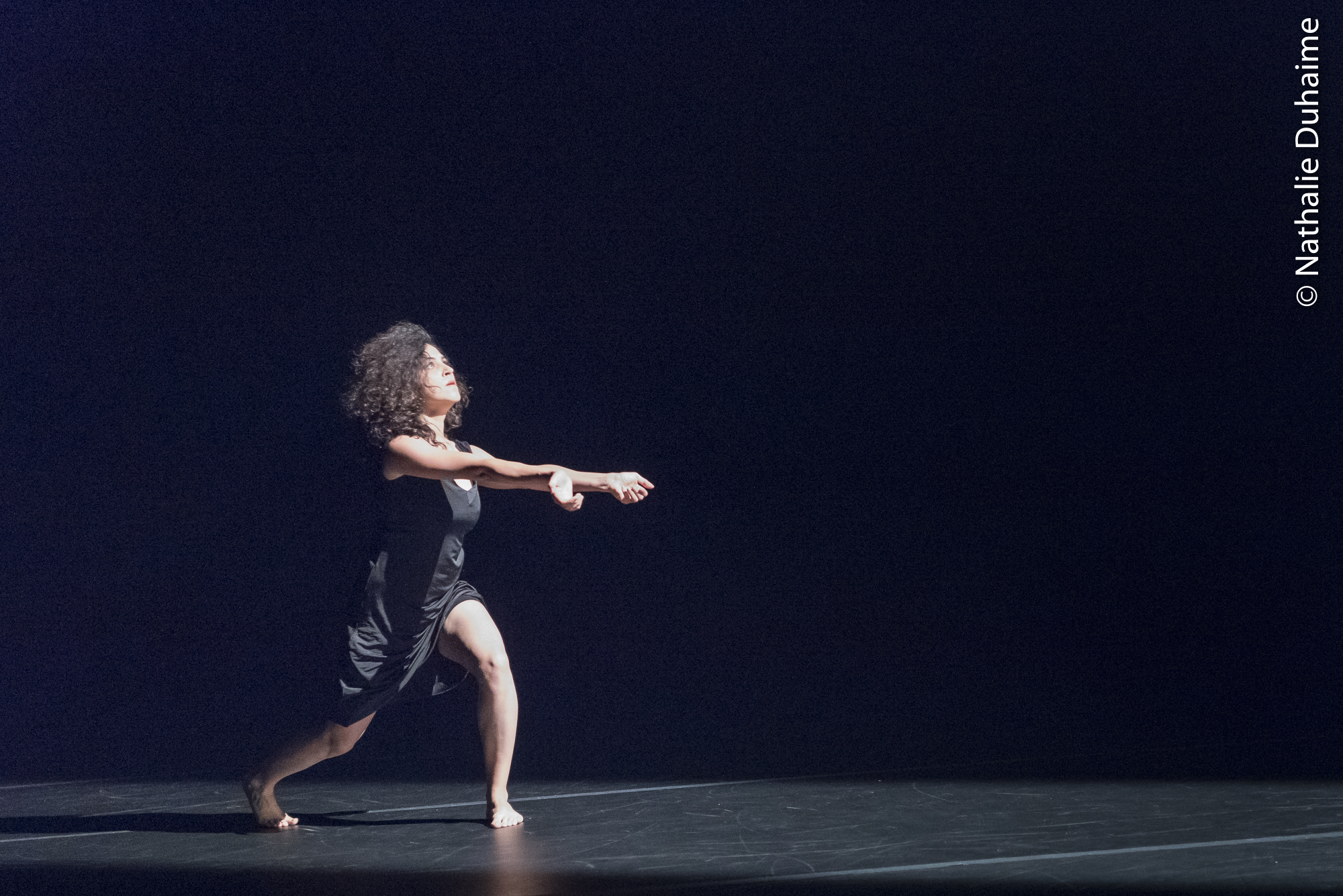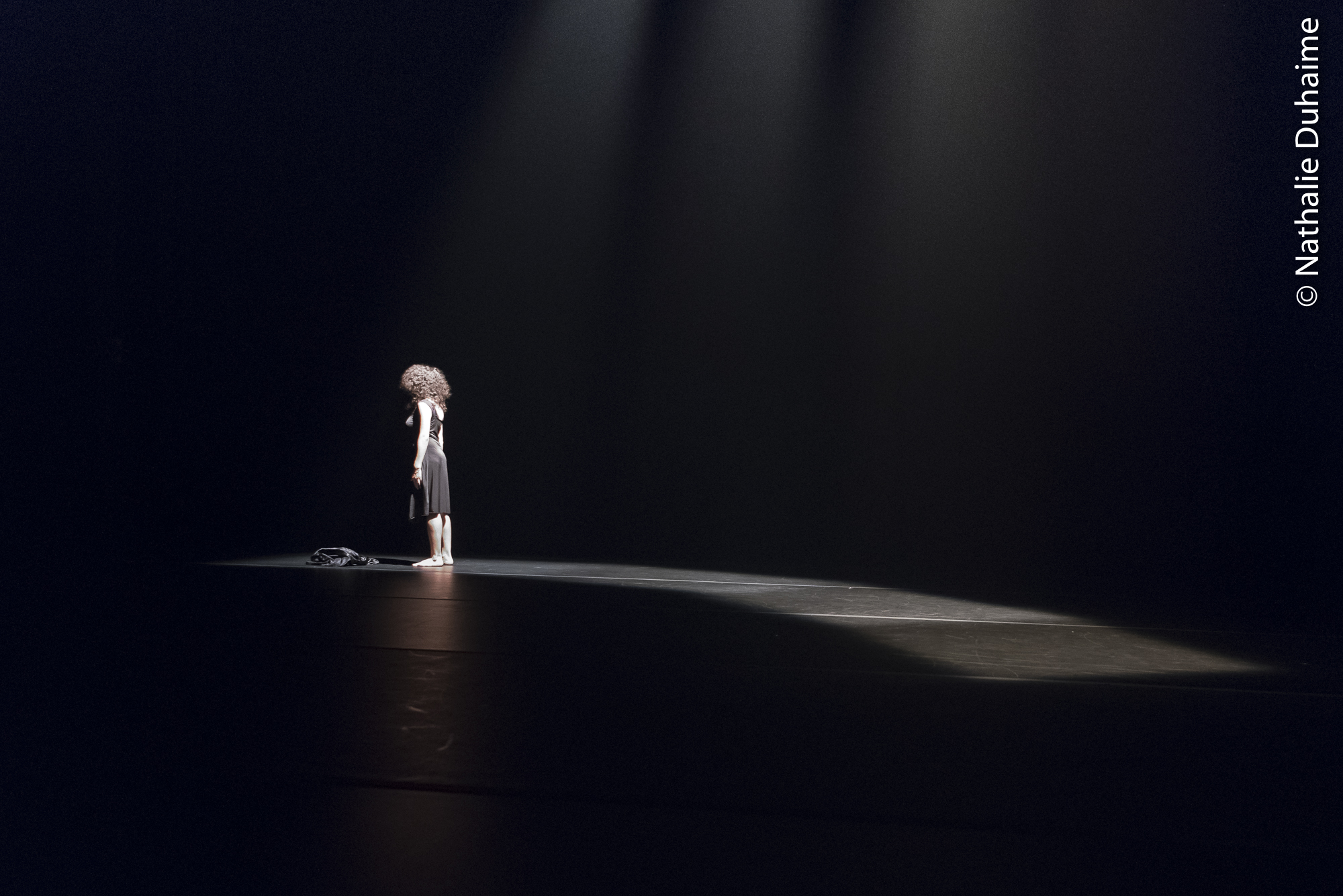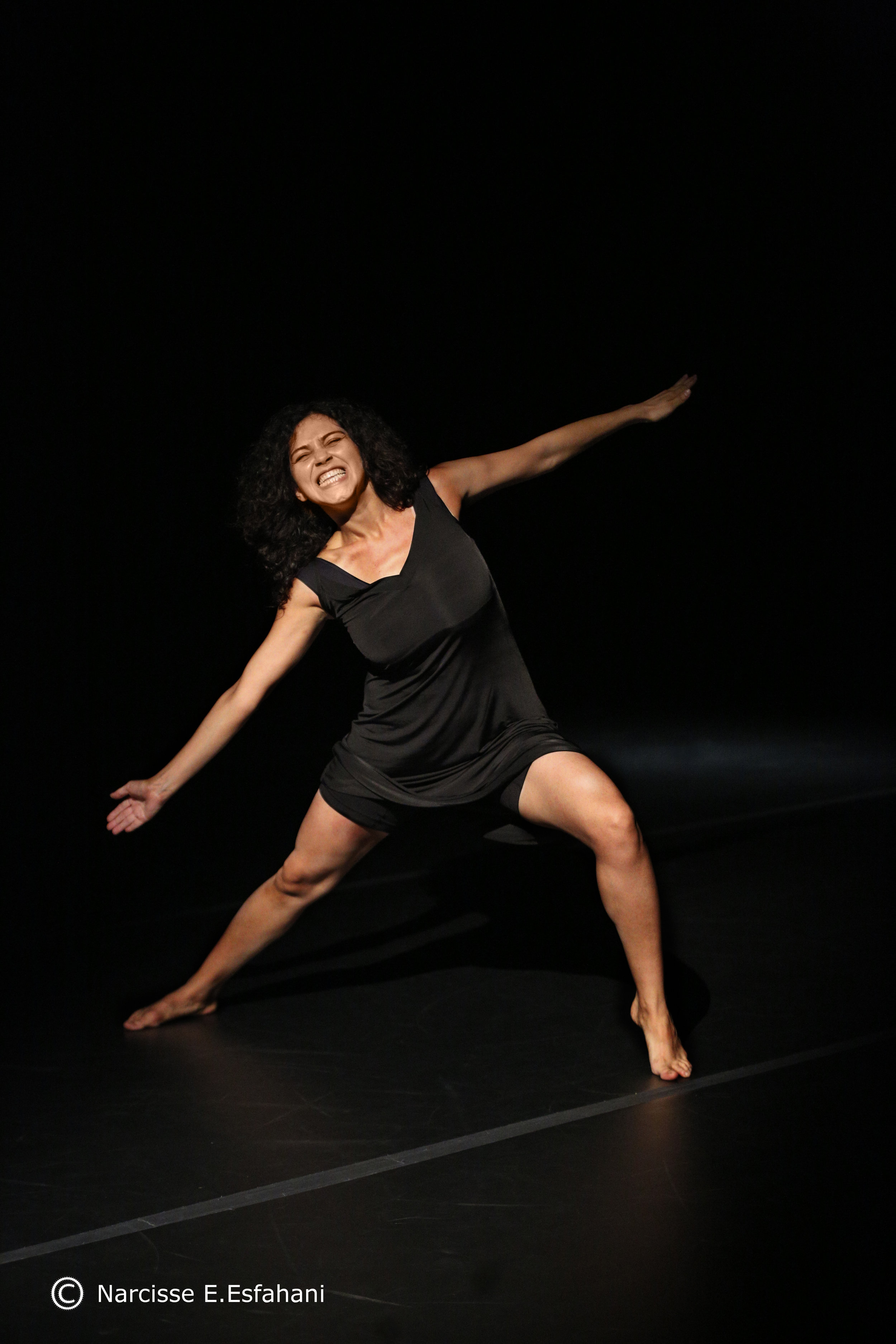Moi - Me - Man (2017)
Production : Vâtchik Danse / Chorégraphe et Interprète : Nasim Lootij / Dramaturge : Kiasa Nazeran / Concepteur d'éclairage et directeur technique : Benoit Larivière / Concepteurs sonore : Nasim Lootij / Supervision sonore : Alex Lachapelle Raymond
Les representations
6 Sep. 2019, Festival Fleur de Lys fleur de thé, l’Anse à beaufils, Gaspésie, Qc
10 Jul. 2019, Festival InFrinGinGDance, Nanaimo, Bc
5 et 8 Jul. 2019, Festival Dancing on the Edge, Vancouver, Bc
5,6,7 et 8 Oct. 2017, Tangente et Festival Altérité Pas à Pas, Montréal, Qc
26 et 27 Sep. 2017, Festival Impact Ontario, Kitchener, On
15 Mai 2016, Festival Accès Asie, Montréal, Qc
La description du projet / Description of the project
Français : « Le passé n’est jamais mort, il n’est même pas passé », dit William Faulkner. Il est donc présent et sa présence pèse parfois lourdement sur les épaules de ceux qui mènent une vie chargée des évènements socio-politiques. Parmi ces gens, certains essaient de représenter la lourdeur de ces évènements par les mots ou par les images. Tel est le cas du philosophe allemande Hannah Arendt qui a vécu l’une des périodes les plus effrayantes du 20ème siècle. Cette expérience lui permet d’assimiler l’esprit à un champ de bataille où s’affrontent les forces du passé et celles du futur (Crise de la culture,1972). Cette métaphore, à côté des images et des sons que Nasim a pu voir et entendre de la révolution iranienne (1979) et de la guerre Iran-Iraq (1980-1988) l’ont inspiré à créer le solo Moi-Me-Man.
English : "The past is never dead, it's not even past," said William Faulkner. So it is present, and its presence sometimes weighs heavily on the shoulders of those who lead a life burdened by socio-political events. Some of these people try to represent the heaviness of these events in words or images. Such is the case of the German philosopher Hannah Arendt, who lived through one of the most frightening periods of the 20th century. This experience enabled her to liken the mind to a battlefield where the forces of the past and future clash (Crise de la culture, 1972). This metaphor, along with the sights and sounds Nasim saw and heard of the Iranian revolution (1979) and the Iran-Iraq war (1980-1988), inspired her to create the solo Moi-Me-Man.
Photos : Narcisse E. Esfahani - Nathalie Duhaime

